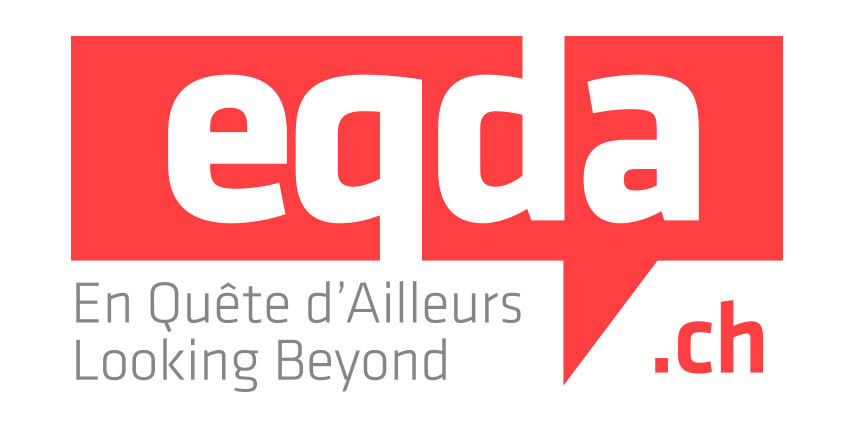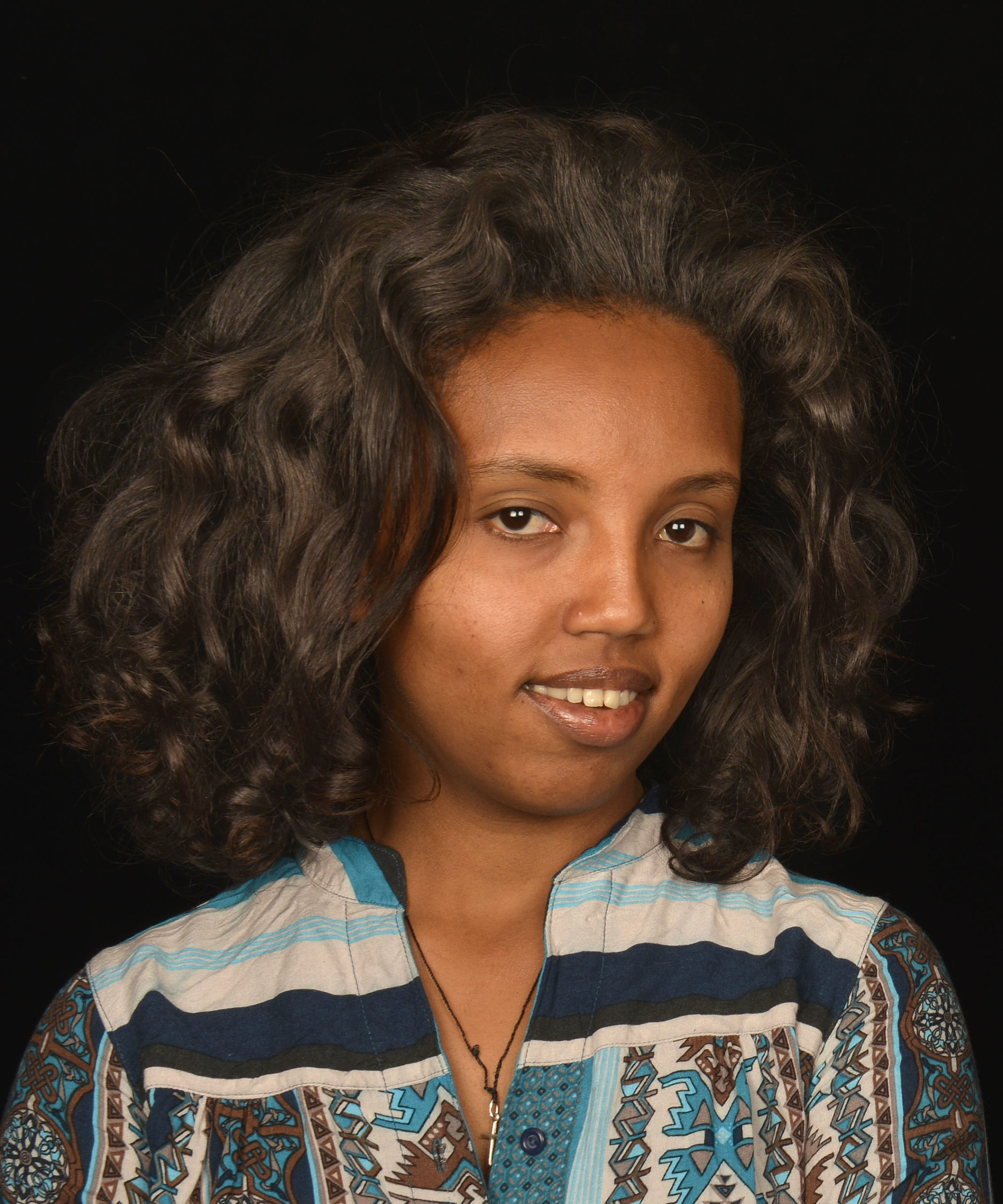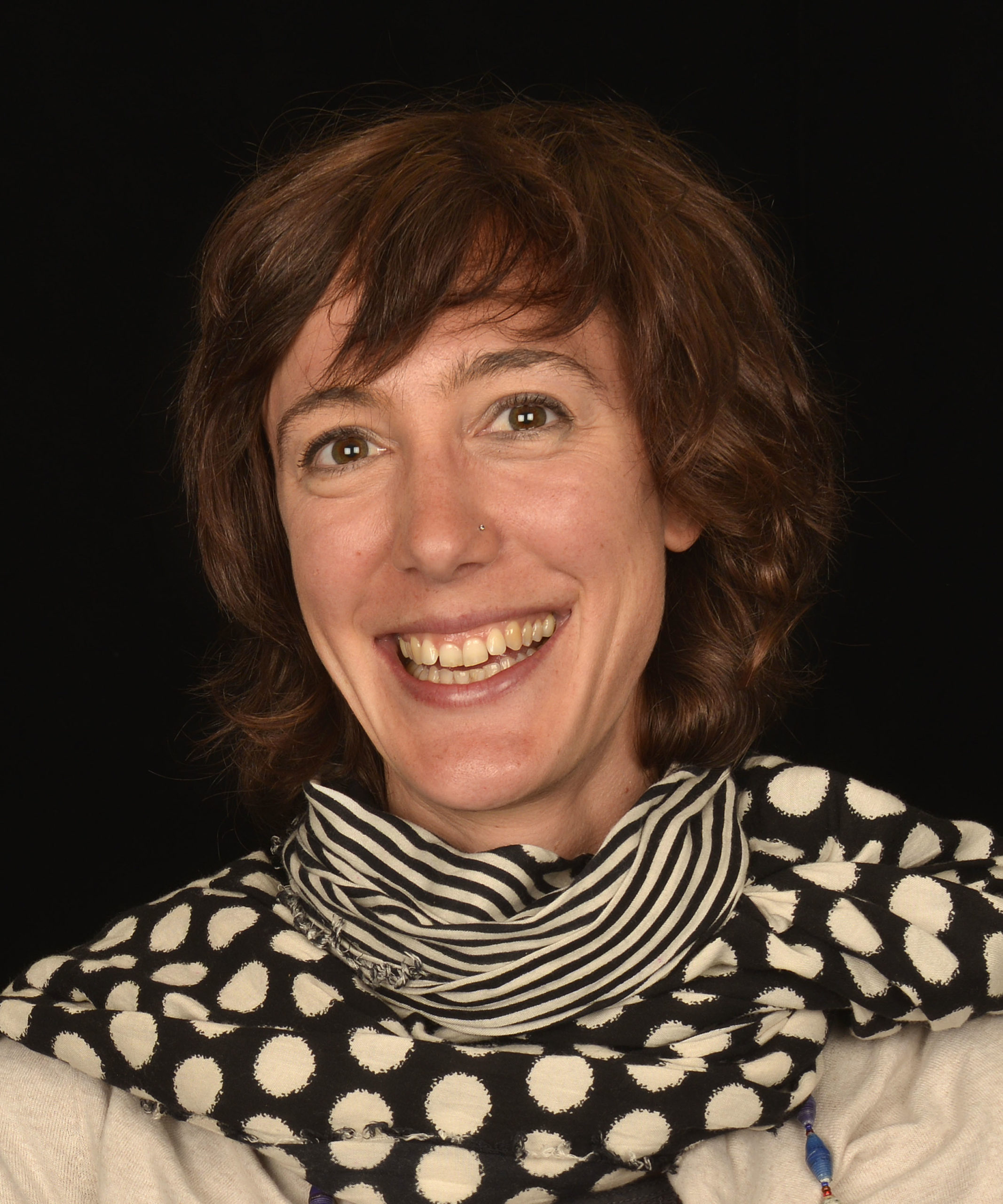UN REPORTAGE DE MIHRET ASCHALEW (THE REPORTER)
Yared (not his real name), a thin Ethiopian immigrant with a pale face, has lived in Switzerland for 12 years. He left Ethiopia 13 years ago and his journey to Switzerland was not an easy one.

 He had to start from Mombasa, Kenya, Frankfurt, Germany and Lyon, France to reach there. This route cost him USD 20,000. The cost for the journey, which was made a long time ago, makes one raise his eyebrows since other immigrants who follow same route in recent times are said to have paid much less.
He had to start from Mombasa, Kenya, Frankfurt, Germany and Lyon, France to reach there. This route cost him USD 20,000. The cost for the journey, which was made a long time ago, makes one raise his eyebrows since other immigrants who follow same route in recent times are said to have paid much less.
Yared was at a law firm in the first week of June this year with his lawyer, Anna Fadini. The law office supports immigrants in Lausanne, the fourth largest city in Switzerland. He was there to seek advice on how to get his wife – an Ethiopian immigrant – a residence permit. For him, it took eight challenging years to get his permit.
Back in Ethiopia, Yared used to work as a customs officer at the Ethio-Djibouti border. He alleges that did not get the promotion he deservesd and was pushed by officials to join the ruling party [Ethiopian Peoples’ Revolutionary Democratic Front]. “This forced me to quit my job,” he told The Reporter. Formal resignation was unthinkable so he just disappeared, prompting his office to file charges against him. Charges were looting money and a pistol that he had as an officer. Frustrated by these developments, he opted to leave the country and went to Kenya.
Though he mainly left because of work related incidents, the situation in the country was not easy for him and his parents who were supporters of the former regime – Derg – and the fact that they oppose the current government left them in an uncomfortable situation. He believes that after the EPRDF took power his family’s business went down the drain.
In Switzerland, he waited while doing some tough jobs and had to pass through many difficulties for eight years and to get his permit. Though he lauded his host country for the provision of social services like healthcare for all people, he also said he faced racist remarks while living in German-speaking parts of the country.
Another Ethiopian immigrant woman, who requested anonymity, lives in Bern, another major city in Switzerland. Her work is providing Ethiopian food for restaurants. She also gives door-to-door cooking services for various functions. She also works at a daycare center for two days a week. She also takes care of an 86-year-old woman for three hours each day. She came to Switzerland 15 years ago with her 2-year-old son. Prior to coming there, she spent 3 years in South Africa.
Upon arrival, she turned herself in to the authorities and had to spend a week at the police station. Then in refugee camps and after all the processes, her asylum request was denied. She was left with a right to food stamps, just as the fate of many Ethiopians in similar situations. Though many of them try working in “black markets”, most of them only get food.
She lived in a house with four other people. Though things are better off now, the road that took her there was not easy at all. Fortunately, she started getting jobs with the help of some people and tried her best to improve her situation by learning the language and living independently. That eventually helped her earn a work permit. That had happened after staying there for eight years.
Currently, her son is 17 years old. Though she visited Ethiopia many times, her son refused to accompany her, saying that his country is Switzerland, not Ethiopia. “I learned that let alone those who left the country very young, even others who remember things are not willing to return for a visit,” she said.
Asked by The Reporter to comment on Ethiopians who take risks and made lots of sacrifices to go to Europe she said: “Neither will I encourage them to come nor will I discourage them.” She believes that the road is a very challenging one but says that it may be worth it if a better life awaits them. She refused to tell her name because of the information she provided for the asylum.
Another 32-year-old Ethiopian woman in Fribourg town arrived in Switzerland eight years ago. She is married and has three children. Like many Ethiopian migrants her application for asylum was rejected. Finally, she managed to get residency permit because her husband got a government job.
She said her expectation about life in Switzerland was very much far from what she saw there. The refugee center she first went to looks more like a prison, crowded and dirty. Then government rented house she was transferred to was located at the border with France; a place where people do not live. She says that whatever money she gets it she pays it cover her bills. “I have no savings to go back home,” she tells The Reporter.
Other trainings like cooking and childcare are given at the language center the 32-year-old woman goes to. Alvira Murphy, coordinator of the center, says the fact that many immigrants are illiterate is a big challenge.
After staying at government centers for three months for repeated interviews, immigrants are sent to regional centers. Despite uniformity in practices at federal level, each canton (region) has a right to decide how it administers the affairs of the immigrants, including how much money to allocate for their expenses (usually for food and shelter). For instance, some regions prefer to give food stamps than money and though insignificant, there is a difference in the amount of money between regions where there is preference for money over food stamps.
There are five immigrant centers in Fribourg, of which two are located in the center of the town. There is also a center outsourced to a private company to be administered. The rooms for immigrants, housed in an old building, were small. Since the building hosts many people, cooking in the shared kitchen whenever one wants is difficult. So there is a schedule for it. The refrigerator is also shared, with small boxes for each occupant.
The administrator of the private center, Claude Gumy, says that each immigrant has 12 Swiss francs (USD 12.60 or 255 birr) allowance for each day. The division is 10 francs for food, one for laundry and one for incidental expenses. The allowance is given twice a month. Immigrants have health insurance and the center is visited by nurses bi-weekly.
Gumy also notes that despite the counting/checking the immigrants three times a week, there is an act of disappearance. Some of them return back after a while. He said in most cases the asylum application is rejected because many of them went there for economic, political and family union cases.
He reckons there are some who even left for another European country before knowing the results of their application. But, according to the Dublin Treaty of European countries, any immigrant must apply for asylum at his first entry and not for a country of his choice. This is the reason why many cases are being rejected. Officials that spoke to The Reporter say that many immigrants in Switzerland have such cases.
According to Gumy, going to jail for petty crimes such as theft is another challenge added to going to another country. Another huge hindrance is, despite efforts to integrate immigrants by giving various trainings to enable them to be independent, is immigrants inability to read and write and also failure to be willing to work. Young men and teenagers are the culprits of such acts. Another point he cited is the flux of workers from other European countries because of economic problems which made the job market very competitive.
Nigisti Gidey, 37, went to Switzerland two years ago. Her first stop Over was in Italy and she managed to cross Switzerland’s border within a few days assisted by smugglers. She told The Reporter that her travel was organized by an illegal agency in Addis Ababa and the whole process cost her ten thousand dollars.
She thought that she would make it big in Europe only after two to three months living as an asylum seeker. She dreamt of taking her husband in a short period of time and living happily ever after. But after living as an asylum seeker in Switzerland for one year and five months her request for refugee status was rejected and she clearly understood her dream of living in Europe is just going to be a dream.
At this time she started to think of coming back to Ethiopia and fell sick with a swollen lung infection and her husband’s effort to convince her worked and made her return fast.
Nigisti and her husband now own a unique opal processing and export business that has been embraced by the International Organization for Migration (IOM’s) Assisted Voluntary Return and Reintegration Program and financed by the Swiss government and Cantonal donor. There are many Ethiopians who dream of going to Europe and the US. Though it did not work out for her, Nigisti says, “Let them go and try their luck.”
According to information The Reporter got from the IOM office in Addis Ababa, last year 12 Ethiopians returned through the Voluntary Return and Reintegration Program.
This is not the only face of the lives of Ethiopians in Switzerland. There are Ethiopians working for different UN agencies and other international organizations. Although migration has always been perceived as individuals’ decision to flee poverty and has negative connotations; it is factual that migration contributes in different ways for both countries of origin and host.
Developing countries benefit from remittances, unemployment is reduced and young migrants enhance their life prospects. Returning migrants bring savings and skills. These and other factors made migration considered as an agent of development rather than only a phenomenon that burdened countries.
Zerihun Tadele (PhD) heads the Syngenta Foundation for Sustainable Agriculture’s Teff Biotechnology Project at the University of Bern (Switzerland). He concentrates on improving economically important, but under-researched crops for the developing world. Zerihun is also coordinating the International Teff Genome Sequencing Initiative. He holds agronomy and molecular biology degrees from the universities of Addis Ababa, Alemaya, and Basel (Switzerland), and teaches at the University of Bern. He is heading similar projects on Teff in Holeta and Bishoftu towns as well. Zerihun says that his work on Teff is not related to the controversial Genetically Modified Organisms (GMO) but is called mutagenesis.
For him and for the Ethiopian framers benefiting from the project, implemented under his supervision, migration is positive while it is the reverse for those Ethiopians who went to Europe dreaming as if it was heaven, he told The Reporter. “Most of them pass through hardship for years to secure their permit. For some who got the chance to work professionally like me, migration can be seen as an opportunity but for those who are well educated being a laborer cannot be considered as an opportunity.” Zerihun said.
Asked by The Reporter whether he has plans to move back to Ethiopia, Zerihun replied that he will be back when the project he is working on in Bern is concluded.
A migration analyst at the Switzerland Federal Office for Migration told The Reporter that relatively the number of Ethiopian asylum seekers in the country is low and he estimates the number is around 15 per month.
However, his office does not believe any African country is safe, acceptance of request of asylum is highly dependent upon the individual’s reason for asylum, he explained. He says that propounded fear of persecution on accounts of political opinion is an instance. Being member of opposition political parties like the Ogaden National Liberation Front (ONLF), the Oromo Liberation Front (OLF) and Ginbot 7 and being a journalist are common cases of Ethiopian asylum seekers in Switzerland.
According to information obtained from the office, in 2013 there were 21,465 cases and 246 cases were presented for the office by Ethiopians. In the same year 57 cases got positive response while for 31 cases were granted temporary permit. Starting from 2004 up to 2013 annual average of the number of Ethiopian case is 229.
Ed.’s Note: Crossing around the world, 7 teams of journalists from Switzerland and « Beyond » examine the theme « The Migratory Equation ».
Editorial note from EQDA: the Reporter has submitted its quotes to the Swiss Federal Office for Migration as agreed. The Office has contested the following quote: « However, his office does not believe any African country is safe «


